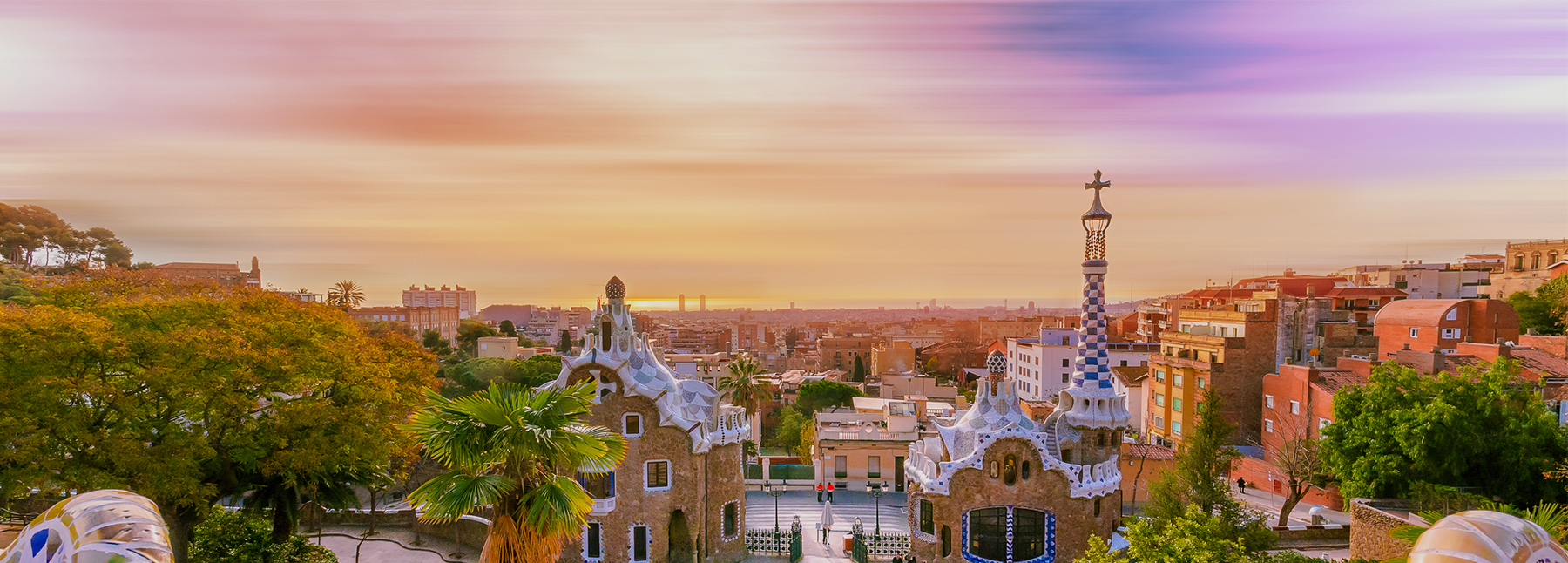Spain’s temperate Mediterranean climate, rich cultural heritage, and family-oriented way of life attracts many expats.
Spain quick facts
Main languages: Castilian Spanish is Spain’s official language. However, Catalan, Galician, and Basque are also spoken.
Population: 46.46 million.
Political system: Parliamentary monarchy.
Currency: Euro
Living and working in Spain
Ranked 16th by HSBC’s 2016 Expat Explorer survey, having dropped slightly from its 13th position in 2015. Spain scored highly in the family and experience sections – 7th and 2nd respectively – however, its overall score was influenced by challenging economic conditions.
Like many countries, Spain was affected by the 2008-2009 global financial crisis, but structural reforms as well as alterations in their tax policy have aided their recovery and continue to buttress the economy.
The Spaniards are very welcoming, which helps expats transition smoothly into the Spanish way of life and makes finding friends, socialising and partaking in Spanish nightlife easier.
A common practice in Spain is the mid-day day nap, known as a siesta. Although new laws may soon be implemented to alter the duration of the siesta, shops and businesses typically close from 2pm to 5pm, while restaurants and bars usually close between 4pm and 8pm. For expats this can take some getting used to, but it is a practice that many grow to enjoy.
Spain enjoys a diverse climate, and with several national parks and myriad beaches on its nearly 5,000 kilometres of coastline, it provides outdoor lovers with endless opportunities.
Most destinations are easily accessible via the Spanish public transportation system. Metros, busses, and trains all operate in major cities such as Madrid, Barcelona, Valencia, and Bilbao with fees that vary from €1 to €5 depending on the city and distance.
All in all the dynamic mix of culture, nightlife and people make Spain an exciting place for expats to live and work.
Education in Spain
The Spanish education system is broken down into four stages, the middle two being compulsory.
Nursery and preschool (educación infantil) are optional for children below the age of three, after which children are required to attend primary school (educación or escuela primaria) until they turn twelve. After primary school, children must go through secondary education (educación secundaria) with the option to continue to upper secondary education (bachillerato) after turning sixteen.
The main schooling options are public schools, publicly funded private schools (concertados) and private schools.
Public schools are free of charge while concertados have subsidised fees and provide a good midway option between public and private. Education within these schools is in Spanish, which may present difficulties for expat children. However, if you plan to stay in Spain long term, public schooling can help with integrating your family into the local community.
Many expat families opt to enrol their children in an international school, which are often located in Spain’s major cities. These schools teach various national curricula, as well as the International Baccalaureate programme.
Competition for places can be high for popular schools, and spaces limited. As these schools are fee paying, financial pressure may be placed on expat families who do not have an education allowance built into their expat package.
Cost of Living
The cost of living in Spain depends greatly on which city you live in. Living expenses in Barcelona, for instance, are similar to Cincinnati in the US or Winnipeg in Canada. Prices in Madrid are similar to those in Shanghai China, while those in Valencia are comparable to the prices in Sao Paulo Brazil.
According to Mercer’s 2017 Cost of Living Rankings, the Spanish capital Madrid is in a four-way tie with Nairobi, Kuwait City, and Guatemala City for the 111th position.
Some example costs include:
- A litre of milk (€0.76)
- A bottle of mid-range wine (€4.50)
- Monthly fitness club fees (€35.99)
- A litre of petrol (€1.18)
- A monthly bus pass (€42.10)
- 60 Mbps broadband internet (€33.85)
Healthcare
The National Health Service of Spain has a wide network of hospitals and health centres located throughout the country. The health centres provide primary healthcare services that include family and GP services, nursing and paediatrics, social workers and physiotherapists. The healthcare centres are, in theory, located within fifteen minutes of a person’s place of residence. Additionally, if circumstances require, it is possible for the medical professionals to go to the patient’s residence.
To ensure 24-hour service, pharmacies – identifiable by flashing signs with green crosses on them – take turns being open at night and during holidays. Schedules are usually available in the local paper or in the pharmacies themselves.
Many medical staff may not speak English, however, it may be possible to seek a voluntary translation service when you set an appointment with your doctor.
If you are registered to work in Spain and make contributions to the national insurance system, you are eligible to receive healthcare services on the same basis as Spanish nationals. You can apply to the TGSS (Spanish social security) or, if you are from the EU, you can get a European Health Insurance Card (EHIC). For some countries such as Brazil, Chile, Ecuador, and Peru, bilateral health agreements exist for emergency medical treatment.
For expats living in Spain a good international health insurance plan is crucial to ensure continued access to quality healthcare and avoid expensive medical fees. When assessing health insurance options, expats living in Spain should consider including a repatriation plan.
For more information on the healthcare system in Spain, visit the Ministry of Health, Social Services and Equality


